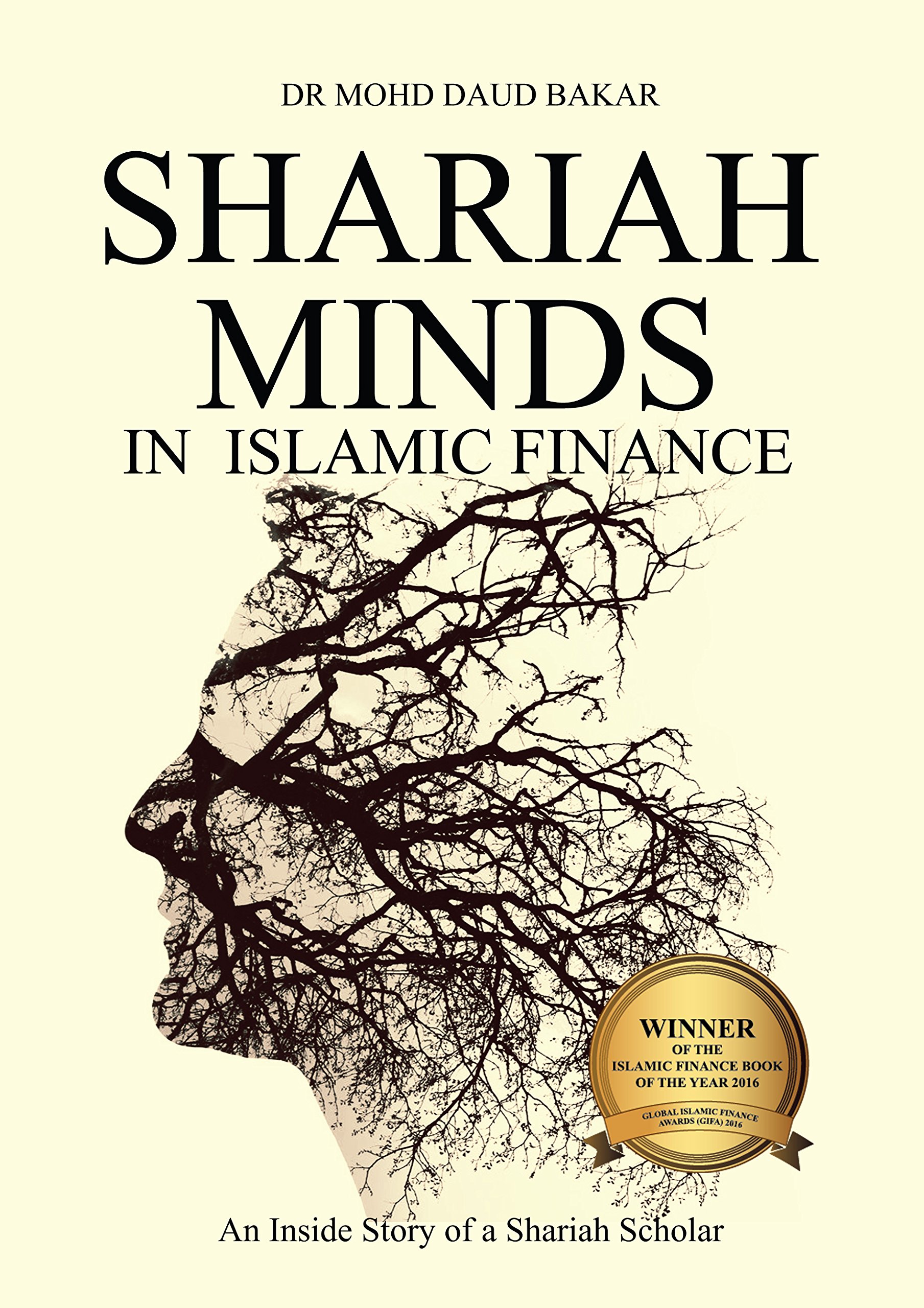The next book in this list is by Datuk Dr. Mohd Daud Bakr who is currently the President of the International Islamic University Malaysia (IIUM), as well as a Senior Shariah Advisor to numerous Islamic Financial Institutions (IFIs) and Regulators both in Malaysia as well as internationally. Additionally, he is the founder of Amanie Advisors, a prominent Islamic Advisory company.
The foreward to the book includes introductory messages from Sheikh Nizam Yaquby and Sheikh Mohamed El Gari, two other prominent Shariah Scholars that the author has worked closely with, as well as messages from other Islamic finance practitioners. This is a unique book on the list as it details the practical experiences and thoughts of a Senior Shariah Advisor within the Islamic finance industry and is narrative in nature as opposed to other books on the list which focus more on theories or the contemporary practice of these theories within the Islamic finance industry.
The book is great resource for anyone interested in learning more about the work of Shariah Advisors within the contemporary Islamic finance industry as it attempts to lift the veil on their important role. The author discusses the role of Shariah Scholars, why they are needed, how they approve products, the contributions that they have made over the past few decades among other important topics. The author even includes an example of a typical diary of a Shariah Advisor so that one can see the effort that they put in and how demanding the role actually is. For Shariah graduates and Junior Shariah Advisors looking to enter into this space, the book is valuable as the author discusses the skill set required to become prominent in this interesting field and offers a proposed career path. Even for those already involved within the field of Shariah Advisory, it is beneficial as the author discusses areas that they can and should improve in.
Additionally, the author discusses some of the common accusations levied against Shariah Scholars and other important issues such as conflict of interest, governance issues, Shariah Advisor fees, perceived conflicts between GCC & Malaysian Scholars, Organised Tawarruq, Fatwa Shopping, preference for debt over equity etc. As anyone familiar with Islamic finance would know, these issues are discussed heatedly quite often and therefore it is very interesting to see the response of a Senior Shariah Advisor within the industry and his way of viewing these issues.
Another interesting point discussed within the book is the authors response to criticism of Shariah scholars and the Islamic finance industry by Islamic Economists. The author while acknowledging the contribution of Islamic Economists to Islamic Economic thought through their early writings, critiques some of their ideas and theories while suggesting ways for them to improve as well as areas that they are definitely needed and can contribute to in the future. He also mentions that by working closely with Shariah scholars they can achieve great things together.
This book is a fascinating read and highly recommended as you well benefit from one of the prominent Shariah Minds within the contemporary Islamic finance industry. You may not agree with all of the points of the author, this is not his intention, however it is definitely worth reading if you are interested in this subject area. The book was published by Amanie Media and you may contact them to purchase a copy. The book won a Global Islamic Finance Award (GIFA) in 2016 for being the Islamic Finance Book of The Year.
To read the previous post (#9) of this series, please click the link below:
Islamic Economics/Finance Reading List (#9) – Islamic Commercial Law | RIZQONOMICS

